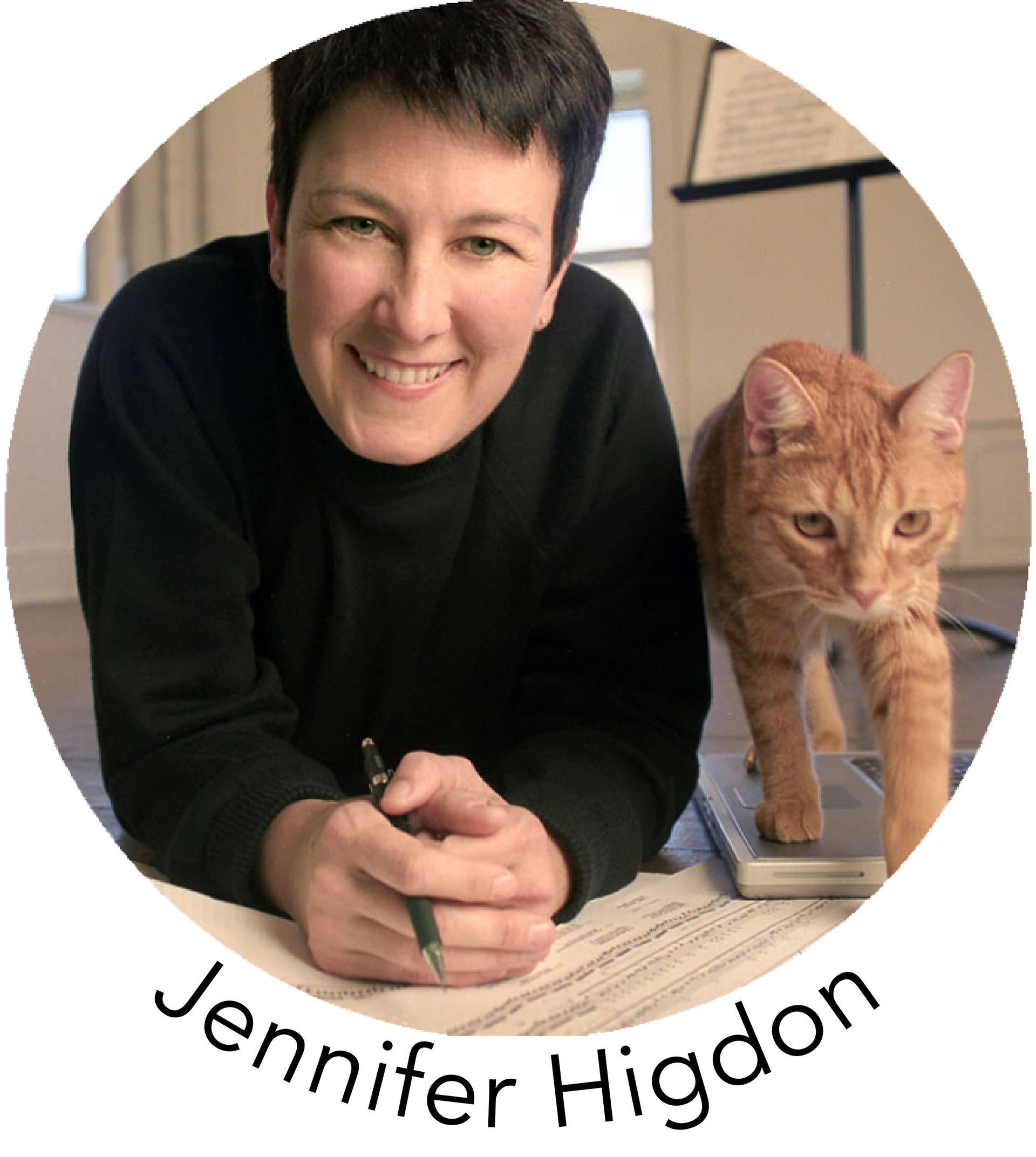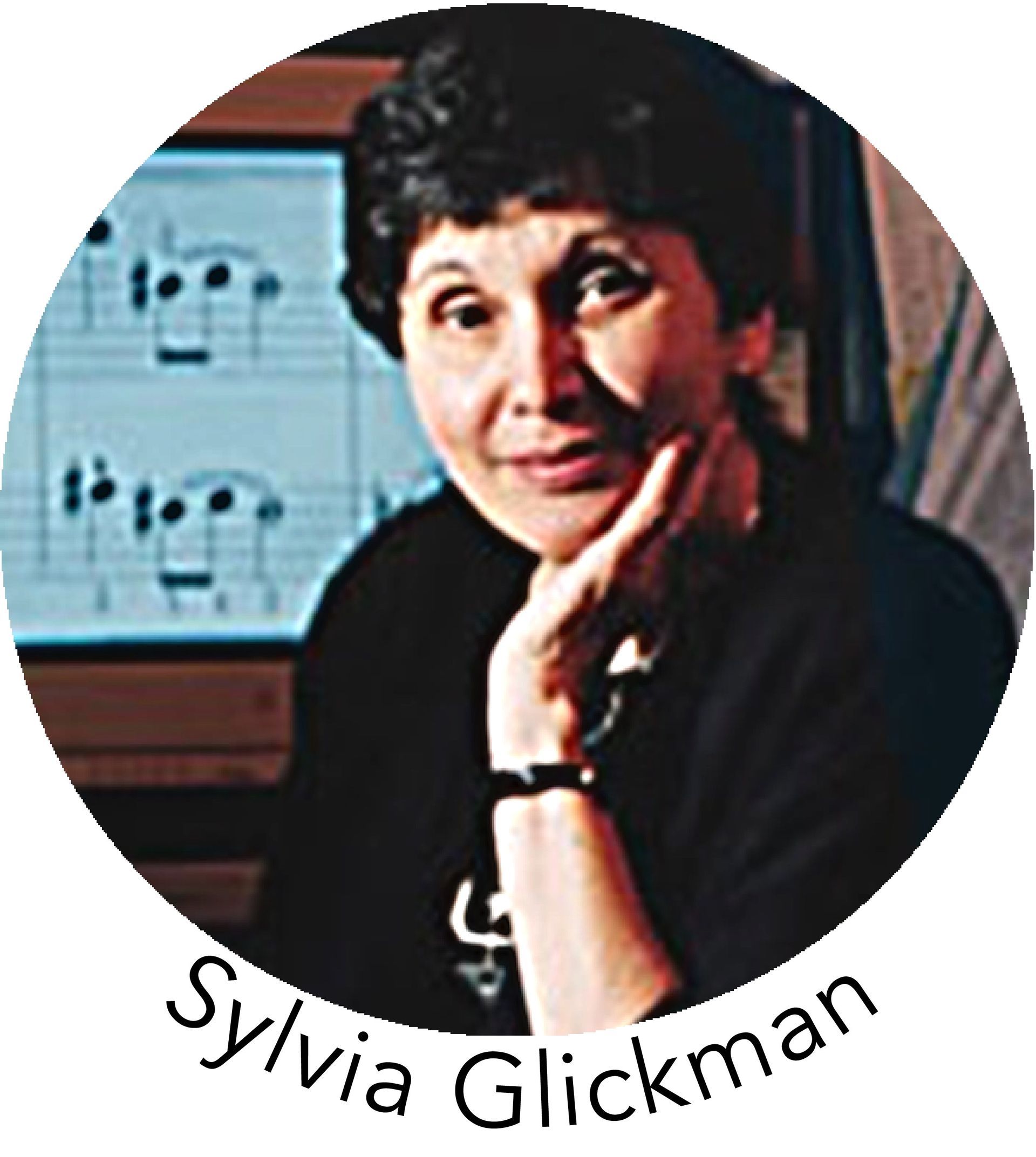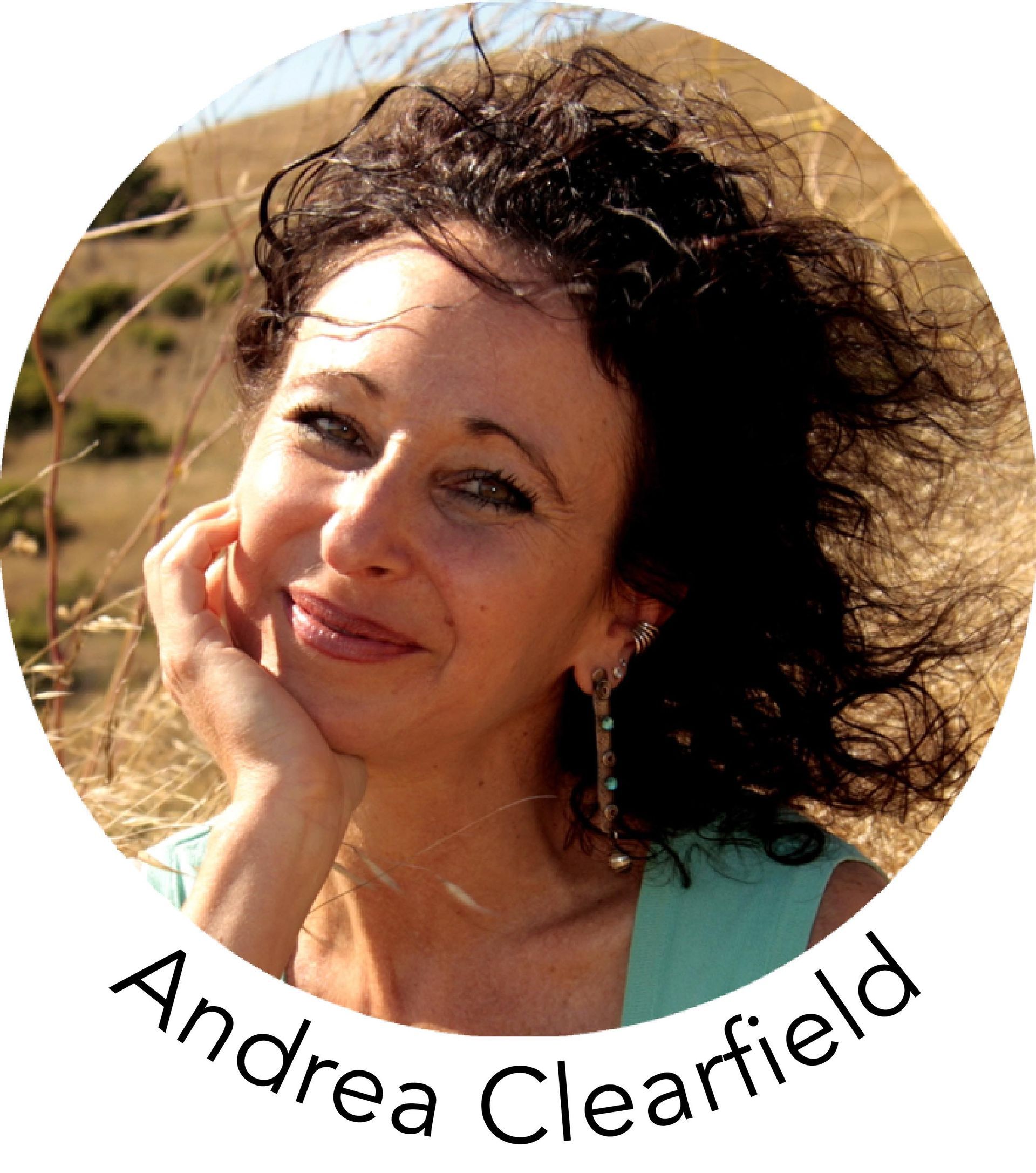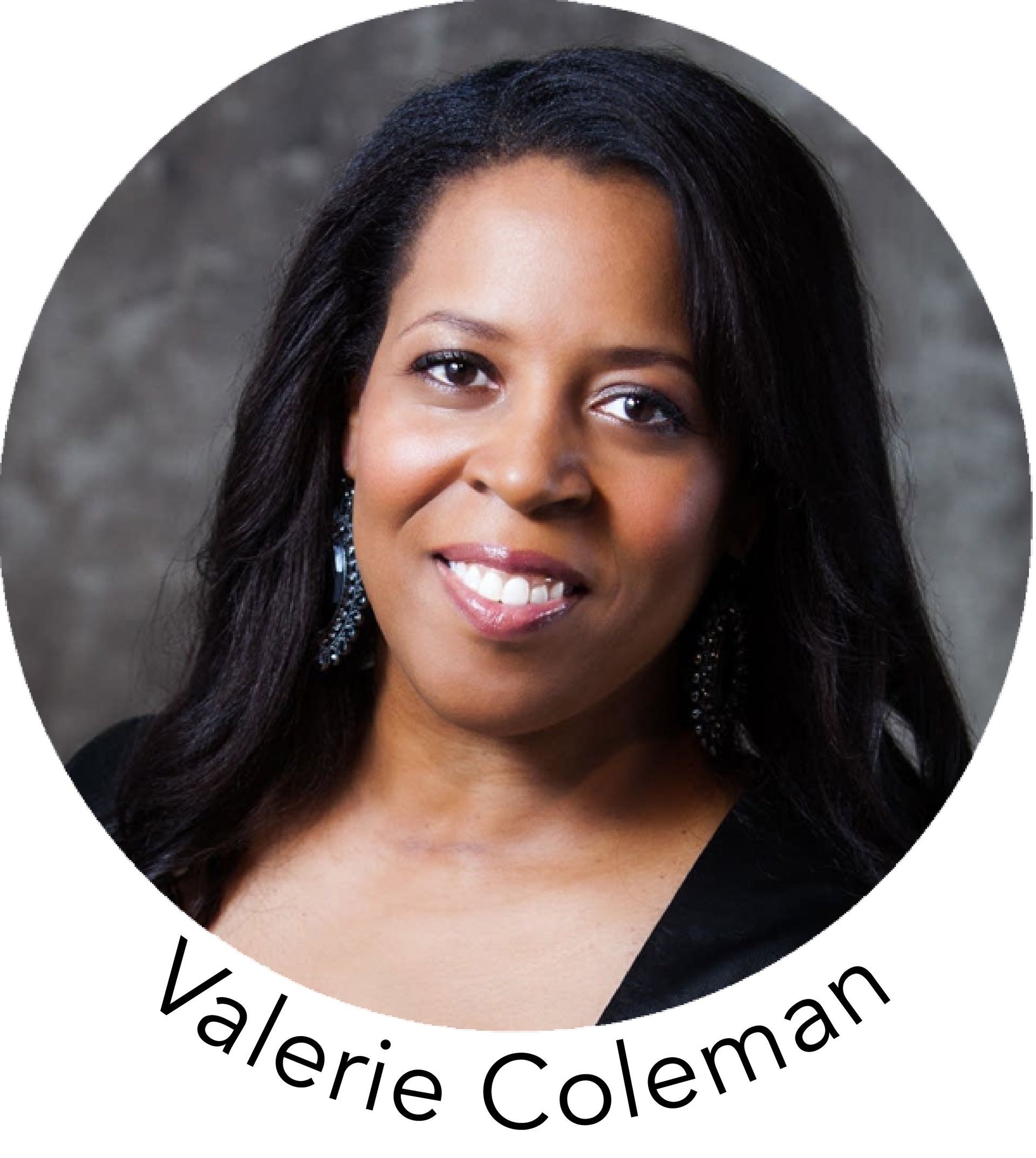Jennifer Higdon (b. 1962) is one of America’s most acclaimed and most frequently performed living composers. She is a major figure in contemporary classical music, receiving the 2010 Pulitzer Prize in Music for her Violin Concerto, a 2010 Grammy for her Percussion Concerto, and a 2018 Grammy for her Viola Concerto. Most recently, Higdon received the Nemmers Prize from Northwestern University, which is given to contemporary classical composers of exceptional achievement who have significantly influenced the field of composition. Higdon enjoys several hundred performances a year of her works, and blue cathedral is one of today’s most performed contemporary orchestral works, with more than 600 performances worldwide. Her works have been recorded on more than sixty CDs. Higdon’s first opera, Cold Mountain, won the prestigious International Opera Award for Best World Premiere and the opera recording was nominated for 2 Grammy awards. Dr. Higdon resides in Philadelphia and holds the Rock Chair in Composition at The Curtis Institute of Music.
"When I started thinking about writing a piece for woodwind quintet (Autumn Music, 1995), my mind began to contemplate all of the wonderful chamber music that I have played as a flutist through the years. My mind kept going back to one of the greatest contributions to the woodwind quintet literature, Samuel Barber’s Summer Music. Having the privilege as I do of having been a student and now a teacher at the same school where Mr. Barber was both, I am ever aware of the gratitude and esteem with which I hold this artist who created so much beautiful music. It is with a humble heart that I pay homage to him and to the genre of woodwind quintet literature with this piece.
Autumn comes to us in many guises: incredible explosions of color; air that suddenly snaps with crispness and clarity; a tinge of melancholy on the eve of change in all of our lives. This piece is a musical portrait of the essence and images of Autumn. The first part of the quintet represents the beginning of the season, with its explosions of color, sharp lines, and vivid imagery; always changing and always vibrant. The musical lines are sometimes present with each instrument carrying a different rhythm, reminiscent of the way leaves float down from a tree in a very unsynchronized manner. As the quintet moves into the last part of the work, there is more of an introspective and melancholy quality to the music; the music itself becomes more simplified, with a darker color to the sound. It is the passing of the season. This work was commissioned in 1995 by Pi Kappa Lambda Music, Honorary."
– Jennifer Higdon




